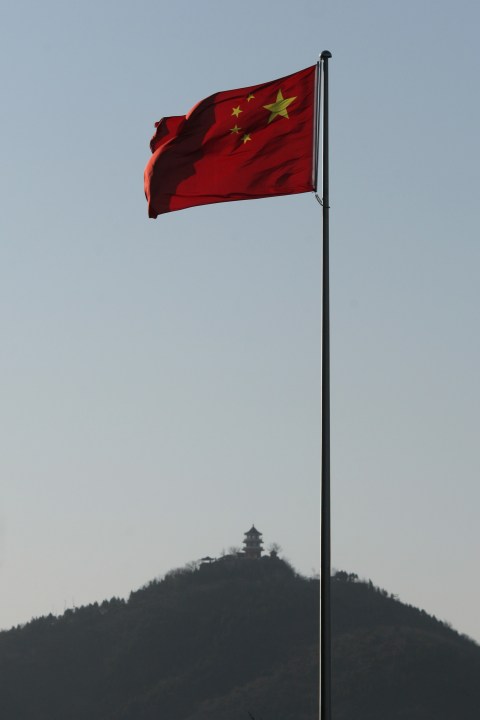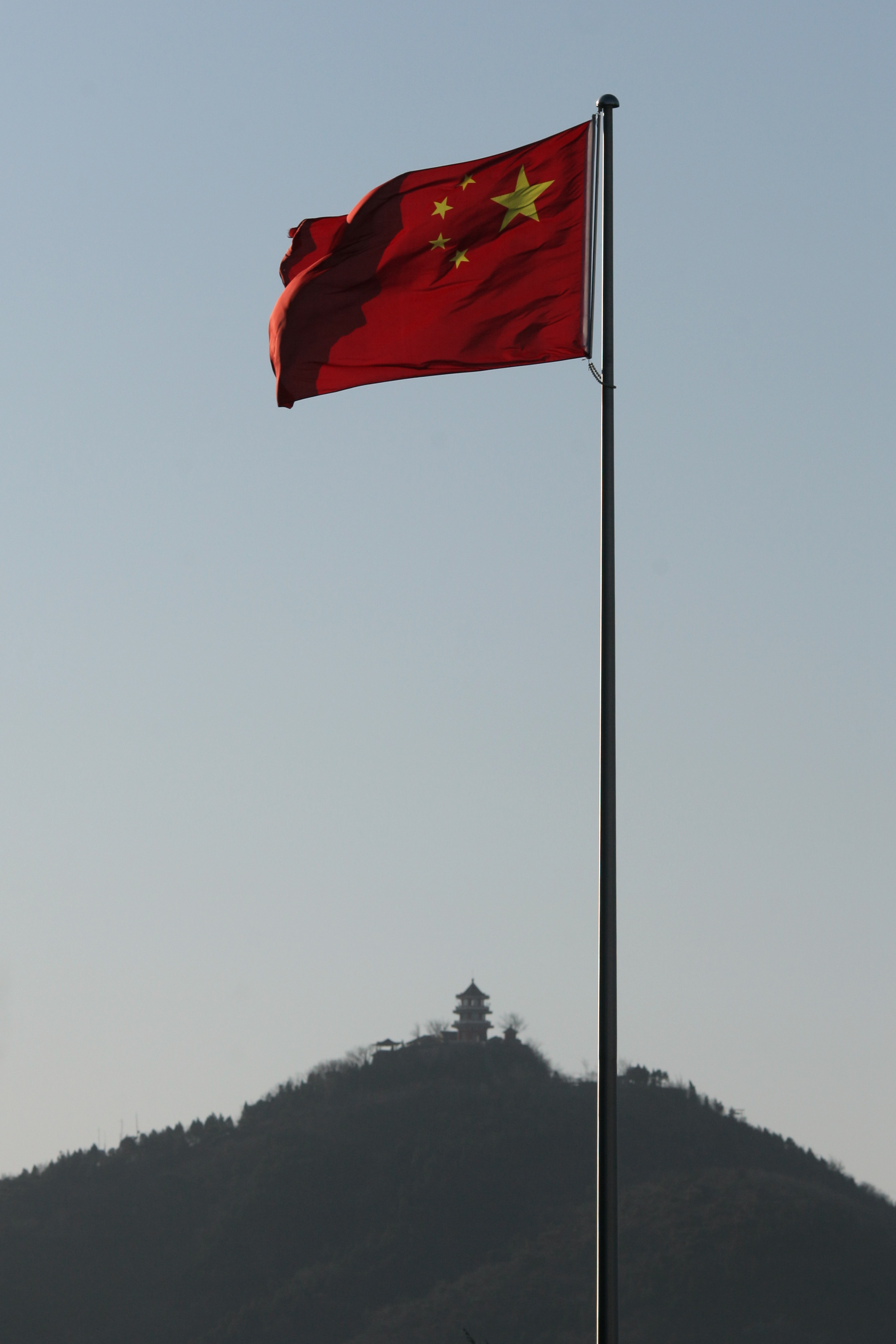China’s rumour mill, hyperactive even in the calmest of times,
has been in overdrive in the past two days. Monday evening and early Tuesday in Beijing, the country’s Twitter-like microblogs were abuzz with speculation there could have been a military coup, possibly linked with
the recent demotion of Communist official Bo Xilai. There hasn’t been a coup, nor is there likely to be. Crazy rumours swirl in China every day (though not always of this level of
seriousness). It’s said that authorities are now banning the word ‘coup’ on microblogs.
The bigger issue for China is that its policy of controlling information, while trying to catapult itself into the big league of global economies, is breaking at the seams. Even if Beijing
won’t allow greater freedom of expression due to a love for liberal democratic ideals, it may yet have to do so due to economic considerations. Bloomberg reports today that the coup chatter sparked the biggest jump in credit-default
swaps for Chinese government bonds in four months. The Communist Party has to juggle its aims both of quelling unrest and attracting investment – and to decide when these goals are
contradictory and when complementary.
Our cover story this week, written by Jonathan Fenby, looks at how the downfall of Bo played out in front of a gossip-hungry country now
readying itself for a change of leadership. It’s an allegory for China’s wider problem: it has no idea what to do next. Get your new issue of The Spectator tomorrow.
Hat-tip: Lee Han Shih
Clarissa Tan
Chinese whispers | 21 March 2012







Comments